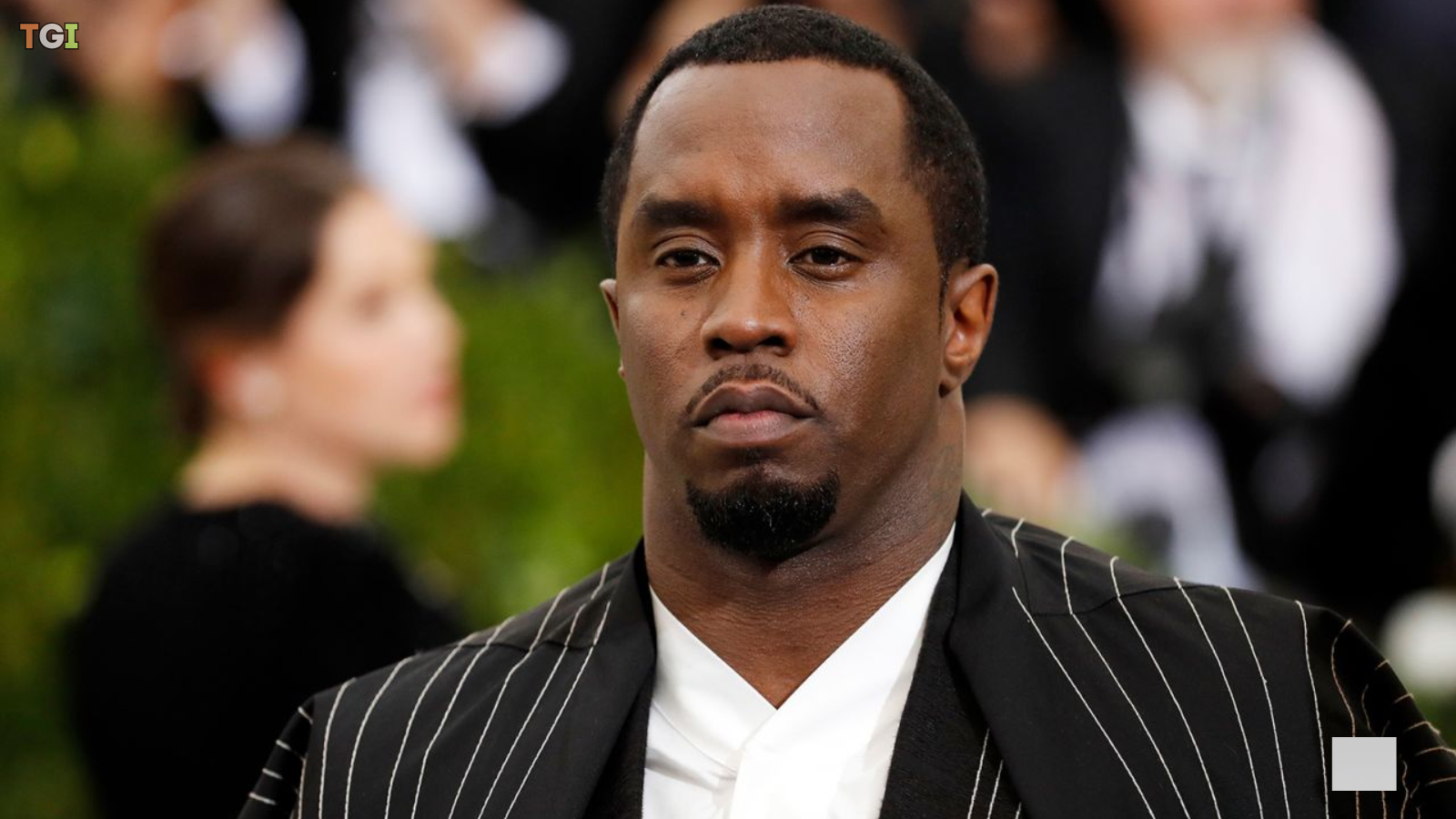Sean Diddy Combs, the hip-hop mogul who shaped the music industry in the 1990s, faced a pivotal moment in his career on July 2, 2025, when a federal jury in Manhattan convicted him of two counts of transportation to engage in prostitution. The verdict, delivered after an eight-week trial, marked a partial victory for Combs, as he was acquitted of the more severe charges of sex trafficking and racketeering conspiracy, which could have led to a life sentence. The case, centered on allegations of coerced sexual events dubbed “Freak Offs,” has captivated audiences worldwide, raising questions about power, consent, and accountability in the entertainment industry.
The trial, United States v. Combs, began in May 2025, following Combs’ arrest in September 2024. Prosecutors painted him as the leader of a criminal enterprise, accusing him of using violence, drugs, and financial control to manipulate women into participating in drug-fueled sexual encounters with male escorts. Key evidence included a 2016 hotel surveillance video showing Combs assaulting his ex-girlfriend, singer Casandra “Cassie” Ventura, and testimony from another former girlfriend, referred to as “Jane.” Both women described enduring physical abuse and coercion during these “Freak Offs.” Prosecutors alleged Combs orchestrated these events, often recording them without consent, and relied on loyal employees to arrange travel and cover up his actions.
Combs’ defense team, led by Marc Agnifilo, argued that the encounters were consensual, part of a “swinger lifestyle” rather than criminal activity. They highlighted text messages from Ventura and Jane expressing enthusiasm for the events, challenging the prosecution’s narrative of coercion. The defense’s strategy paid off, as the jury found Combs not guilty of sex trafficking and racketeering after 14 hours of deliberation. However, the guilty verdict on prostitution charges, linked to arranging interstate travel for escorts, carries a potential 10-year sentence, though no minimum is mandated, leaving open the possibility of a lighter penalty or even release pending appeal.
The trial’s outcome has sparked intense debate. Supporters of Combs, including his family who attended daily, celebrated the acquittal on major charges, with Combs visibly emotional, making prayer gestures in court. Critics, however, point to the broader implications of his convictions, especially given India’s 20,000 annual rabies deaths and the need for better healthcare access. The case also highlighted systemic issues, with allegations of government hospitals denying treatment, a concern echoed in India’s rural healthcare challenges.
Sean Diddy Combs’ legacy as a music icon is now intertwined with legal controversy. His Bad Boy Entertainment empire, once a cultural juggernaut, faces scrutiny as civil lawsuits alleging assault and rape continue to mount. With over 100 accusers, per Texas lawyer Tony Buzbee, Combs’ legal battles are far from over. For now, the partial conviction marks a complex chapter, balancing accountability with questions about consensual relationships in the spotlight. As India watches this global story unfold, it underscores the universal need for justice and awareness in high-stakes legal dramas.

